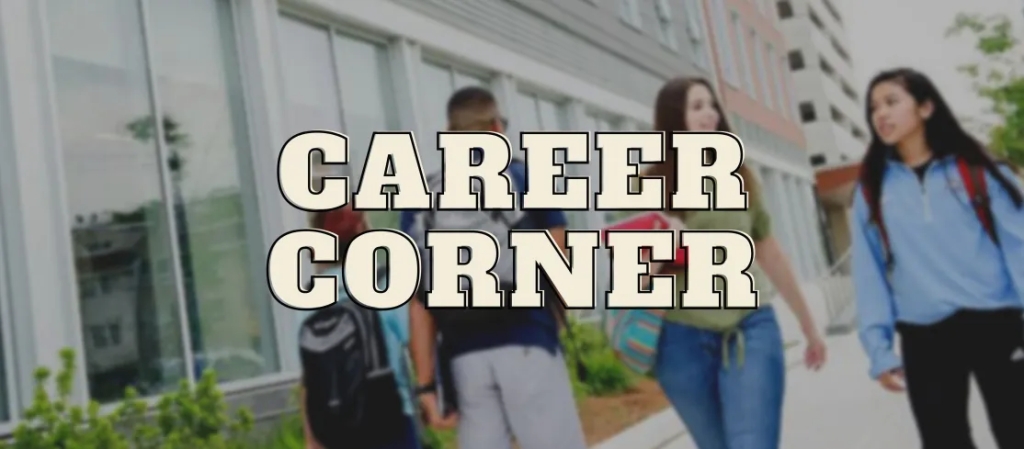On Thursday, October 19, the Pre-law Society, Mock Trial, Minorities in Law, and the Hughes Center for Public Policy came together to host a panel discussion addressing the Supreme Court’s overruling of affirmative action in the college admissions process. The panelists included retired New Jersey Superior Court Justice Julio Mendez, adjunct political science professor Eileen Twiggs, and Dr. Lauren Balasco, an associate professor of political science and the pre-law coordinator.
In June of 2023, the Supreme Court revisited the concept of race-conscious processes when considering candidates for college admission, better known as affirmative action. In a majority decision (6-3), the Court overruled the 2003 Grutter v. Bollinger decision that race should be considered in the admissions process as one aspect out of many others.
Following opening remarks from Mock Trial president and senior political science, pre-law-concentrated major, Robert Martinez, the discussion began. Twiggs started with a well-spoken recount of the dismantling of affirmative action in the United States. “In a series of cases in the 1950s… they finally declare, ‘Well, actually, separate but equal means equal.’ So you can’t have separate but unequal. So they don’t go as far as to overturn Plessy [v Ferguson] but they do begin to enforce the equality requirements, and they say you cannot give substandard educational opportunities to members of a certain race.” Twiggs then went on to describe a game-changing case in affirmative action, the University of California v. Bakke. “The state does have a compelling interest and the compelling interest that the state has is obtaining the education methods that flow from an ethnically diverse student body.”
Judge Mendez took the microphone next with a moving speech regarding the topic from a judicial point of view. Using his experience as a retired judge, as well as his experience as a former law student like many in attendance aspired to be, he gave a hopeful message from Supreme Court Justice Sonia Sotomayor, “‘Notwithstanding this court’s actions, however, society’s progress towards equality cannot be permanently halted. Diversity is now a fundamental American value.’”
Such hope did not come without some of the harsh realities of the Court’s decision. Judge Mendez provided a dismal but realistic outlook on the situation: “The meaning of the Constitution is controlled by what, at this point, with nine members, five members of the Supreme Court say it is. So the Constitutional framework that we operate under, the rule of law that we all follow, is controlled by what five members of the United States Supreme Court say it is.”
Regarding the future implications of the decision, Balasco stated “Right now, it’s gray, it’s murky in terms of how law schools are reacting to this decision,” in an honest introduction to her section. She then went into what issues regarding affirmative action mean for potential law students and how law schools are actively responding to the overruling. “A couple of things that they’re doing: first is, the case focuses on admission processes, not recruitment.” She explained that nothing stops law schools from going out to universities to recruit a more diverse pool of potential candidates, giving hope to racial minority students aiming to get into a predominantly white field of study. She urged new law students to “Check out their websites, check out their social media. What is their mission statement? What are their values? Because it’s helpful to understand what message they’re trying to send to prospective students.”
Panelists then answered questions about the topic during a Q&A. The Q&A was facilitated by Ashley Ramirez, a sophomore political science major with a concentration in pre-law and vice president of Minorities in Law. Panelists discussed questions regarding the future of law school admission processes, what classrooms will look like in a post-affirmative action world, and even the future for other left-leaning decisions the Supreme Court could revisit, such as gay and interracial marriage.
“They [the opinions of the Court] affect everybody. So not just only law students, they also affect med students, grad school students, undergrad students, it affects everyone. And that directly impacts the Stockton community,” said Ramirez when asked about how the panel information applies to the wider scope of Stockton’s population. “It reflects who you see in your classroom. Are there going to be more Latinos? More African American students? Are there going to be more Asian American students? Who’s going to sit next to you in class and work with you on these group projects? What are they going to look like? Is there going to be diversity and thought in your classroom? Empathy? Worldwide experiences?” Ramirez closed the interview with this: “As the Supreme Court once said, ‘School is the nursery– of the marketplace of thoughts’ and we are in one of those public nurseries right now.”
Due to the success of the event and the wide turnout, Martinez said, “The law clubs are going to try working together from now on and not primarily focus on one thing… So we want to expand beyond just that [the individual clubs’ goals] and host events, charity events, give people the opportunity to build their resumes, and educate everyone and give them an avenue to get where they want to be.”
If you missed the panel, be on the lookout for any upcoming events these clubs may have to offer in the future.
Categories: Campus Life, Stockton News




